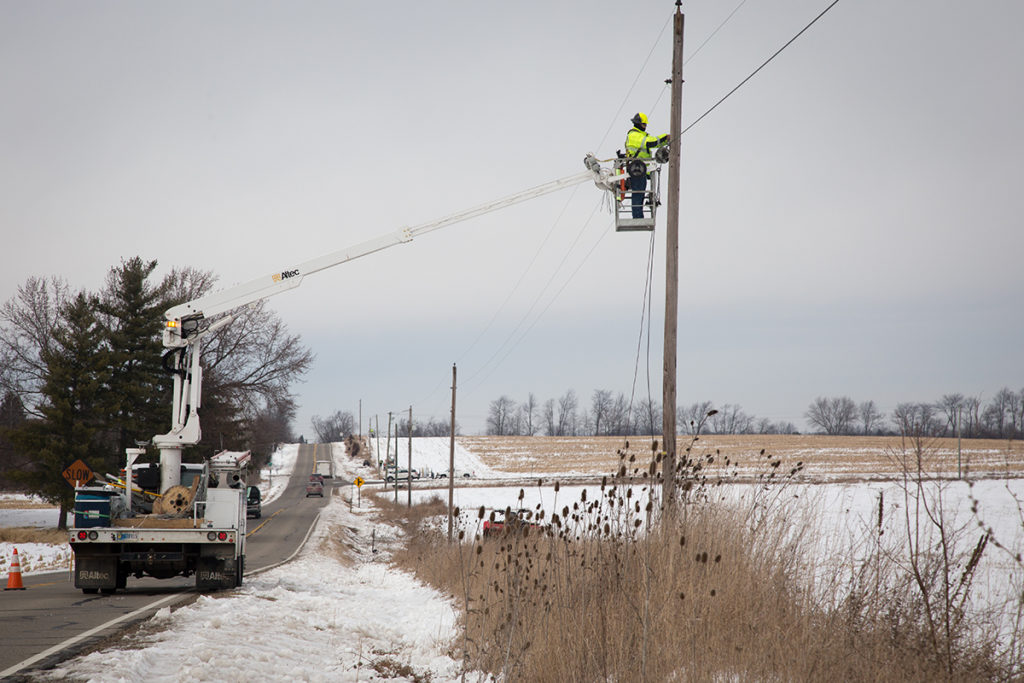
Electric cooperatives “need continued public funding immediately” to bring broadband to rural communities left behind by commercial internet providers, Otsego Electric Cooperative CEO Tim Johnson told the House Agriculture Committee on Tuesday.
Johnson said his small Hartwick, New York-based co-op would never have been able to offer high-speed internet service to its 4,900 consumer-members in a high-poverty part of the state without government funding support.
“This is true for most electric cooperatives,” Johnson said in testimony before the committee.
Because many co-ops operate in sparsely populated regions, the cost of construction “would not be recoverable within commercial lending requirements.”

“The costs of operations are also much more difficult to cover due to the lack of density and therefore lower revenues,” he said.
Yet co-ops also have a big advantage in expanding broadband service in rural areas, Johnson said.
“We are located in these areas, so we are familiar with the terrain and existing infrastructure, and we are stable organizations that have served these communities for over 75 years,” he told lawmakers at a committee hearing to examine broadband needs and opportunities in rural America.
“Cooperatives have skilled manpower, equipment and vehicles and we own the poles and rights of way so we can control some of our make-ready costs—the process of ensuring poles are ready and in proper condition to have fiber hung on them—through planning and proactive maintenance schedules.”
More than 200 electric co-ops in 37 states are deploying broadband and about 100 more are considering it, Johnson said.
“This cooperative commitment is vital for the one-quarter of all rural Americans who still lack access to broadband, compared to less than 2% in urban areas,” he said.
OEC began offering high-speed, affordable broadband service to its members in 2017. The co-op now has service available for all its members “with state-of-the-art fiber to the home service,” Johnson said.
“It has provided blessings in many ways during the COVID-19 crisis,” he testified. “We immediately prioritized new service connections to doctors, nurses, other health care professionals and support personnel, teleworkers and students when our state was shut down.”
OEC recently was awarded more than $7 million from the Federal Communications Commission’s Rural Development Opportunity Fund auction to extend broadband service to residents outside the co-op’s territory.
Providing flexible federal funding to electric co-ops to expand broadband is an efficient use of taxpayer dollars, Johnson said. Construction costs within OEC’s system were more than 50% lower than the costs of building outside of its electric footprint on other electric utility systems, he said.
Without broadband, rural communities won’t be able to attract economic development and will be left behind in the digital age, Johnson said.
“Broadband is vital to the survival and growth of both the communities OEC serves and all of rural America,” Johnson said.
Erin Kelly is a staff writer at NRECA.